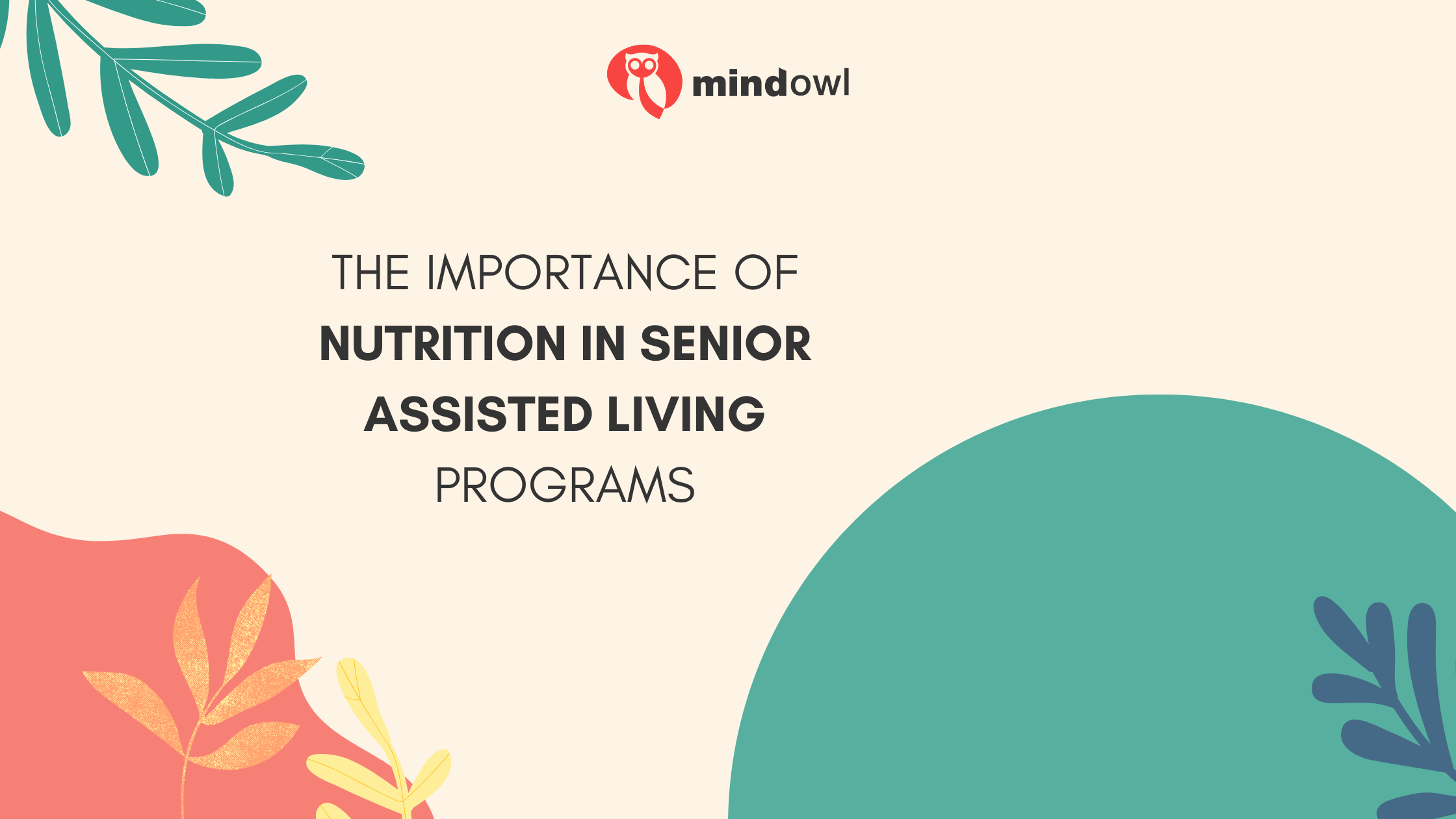
Photo by Daniel Nebreda on Pixabay
Nutrition is important for the well-being and overall health of older persons who are in an assisted living program. When people age, their nutritional needs also change, and they can often have challenges in maintaining a balanced diet. In assisted living programs, they understand that nutrition is important in promoting optimal quality of life and health for residents. Knowing the dietary requirements for older persons and also being aware of potential differences is crucial to ensure a higher quality of life. Let’s find out the importance of nutrition in senior assisted living below.
Provides physical benefits
Good nutrition is essential to maintain optimal physical health and prevent chronic diseases. When older adults adequately take minerals, vitamins, and nutrients, it can support cardiovascular health, bone health, and immune function and also help maintain a healthy weight. Additionally, it can also help manage conditions such as osteoporosis, hypertension, and diabetes.
Provides dietary requirements
When people age, their nutritional and caloric needs also change. Older individuals usually need less calories, but require a high intake of certain nutrients like minerals and vitamins. With this, it is then important for every older adult living in an assisted living program to make each bite count to effectively meet these needs. Providing access to these nutrient dense foods that have fewer calories like vegetables and fruits is crucial to meet these nutritional needs.
Offers emotional benefits
Proper nutrition can affect the emotional well-being of older adults. Eating nutritious diets improves energy levels, mood, and overall quality of life. On the other hand, poor nutrition can result in a reduced sense of well-being, irritability, and fatigue.
Addresses nutrient deficiencies
Often, many older people are susceptible to certain nutrient deficiencies. Many factors like medications, health conditions, and appetite changes can affect their dietary choices and nutrient absorption. A balanced nutrition can help maintain bone strength, brain function, and body weight while also helping to manage chronic conditions. Adding personalized dining experiences, varied menus and common dietary programs in assisted living programs can help effectively address these nutritional deficiencies.
Provides cognitive health benefits
Proper nutrition can play an important role in the cognitive health of older adults. A well-beloved diet including brian-bosting nutrients like Vitamins B, antioxidants, and omega-3 fatty acids can help support cognitive functions and lower the risk of dementia and cognitive decline. Additionally, studies have shown that some nutrients have a relationship to a reduction in the risk of neurodegenerative diseases such as dementia and Alzheimer’s disease, promoting mood stability and overall mental well-being.
Vitality and energy
With proper nutrition, older adults can get the vitality and energy they need to engage in daily activities, enjoy a high quality of life, and maintain independence. A well-nourished body can better handle mental and physical challenges, adding to their overall well-being.
Endnote
Assisted living programs often prioritize nutrition by providing nutritious and well-planned meals, ensuring that their residents get the required support they require to maintain a healthy diet, and accommodating special dietary needs. Focusing on nutrition allows assisted living facilities to enhance longevity and improve the overall health and vitality of their residents.
MindOwl Founder – My own struggles in life have led me to this path of understanding the human condition. I graduated with a bachelor’s degree in philosophy before completing a master’s degree in psychology at Regent’s University London. I then completed a postgraduate diploma in philosophical counselling before being trained in ACT (Acceptance and commitment therapy).
I’ve spent the last eight years studying the encounter of meditative practices with modern psychology.

